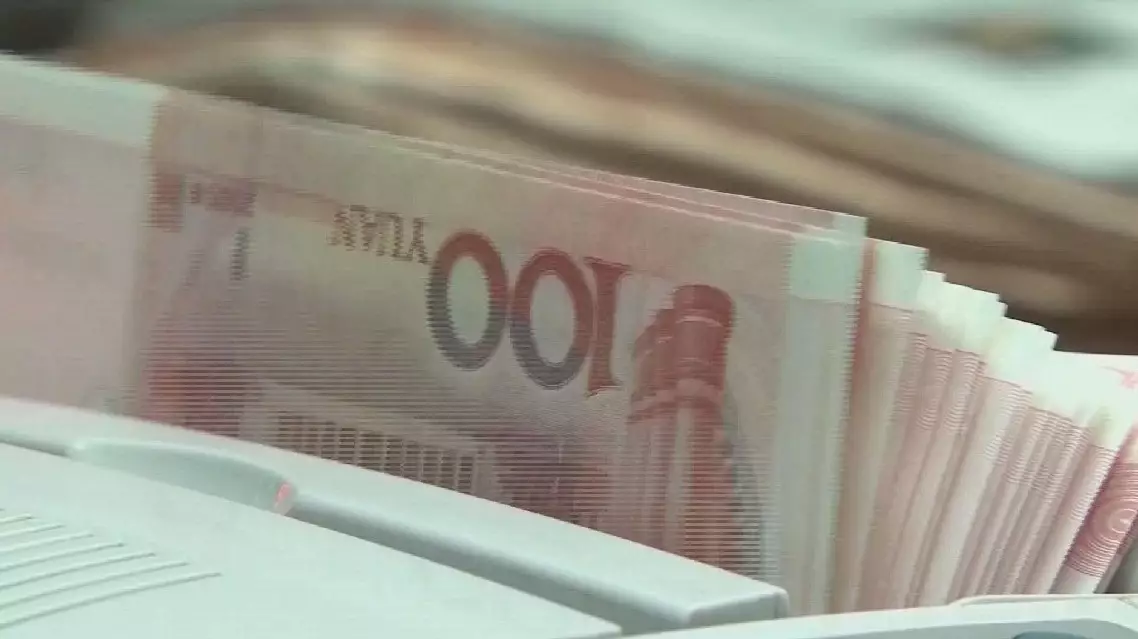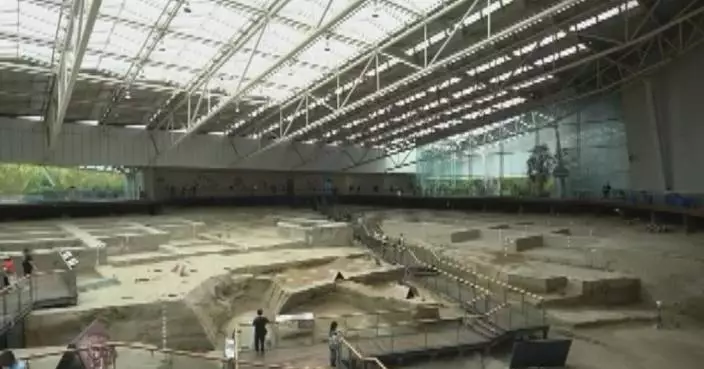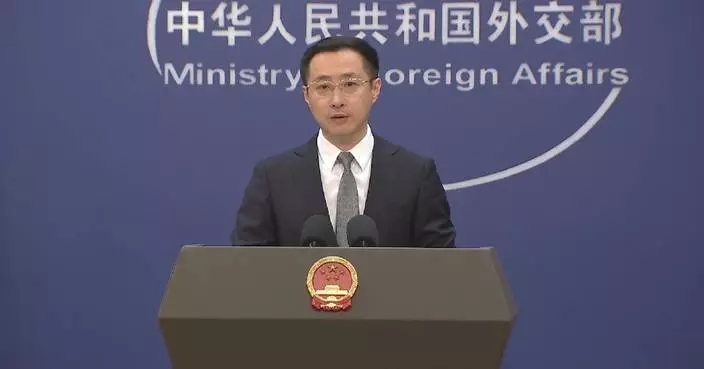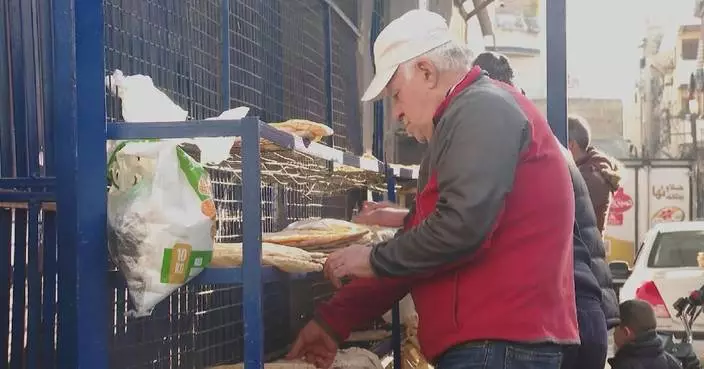The winter cold has compounded the misery of displaced Palestinians in the war-torn Gaza Strip, where they are facing shortages of supplies and the threat of starvation.
Wahbi Salama and his family live in a makeshift tent on the rubble in southern Gaza's Khan Yunis.
Their home was destroyed by Israeli forces several months ago. They fled to Rafah, Deir al-Balah, and the coastal area before moving to Khan Yunis, as it is not safe to live near the sea in winter.
"The ground is full of sand and rubble. When strong wind hits, the tent shakes. The ground even sinks. When it rains, the tent can't even keep out the water," said Wahbi Salama.
"At night, when we sleep, rats scurry around. There are also lots of mosquitoes and bugs. We were even attacked by stray dogs for two times. However, we have nowhere else to go except this rubble site," said Amal Salama.
In addition to the harsh living conditions, they also face shortages of food, water, and clothing needed to withstand the winter cold.
"Two of our children leave every morning at 8:30 to queue at the food distribution point, where they must wait until noon. If they can bring food back, we'll have a meal; if not, we can only leave it to fate. I just hope the war will end so that we can live in peace," said Amal Salama.
The Palestinian death toll from ongoing Israeli attacks on the Gaza Strip has topped 45,000, Gaza-based health authorities said in a statement on Monday.

Winter cold piles misery on displaced Palestinians in war-torn Gaza

Winter cold piles misery on displaced Palestinians in war-torn Gaza

Winter cold piles misery on displaced Palestinians in war-torn Gaza









